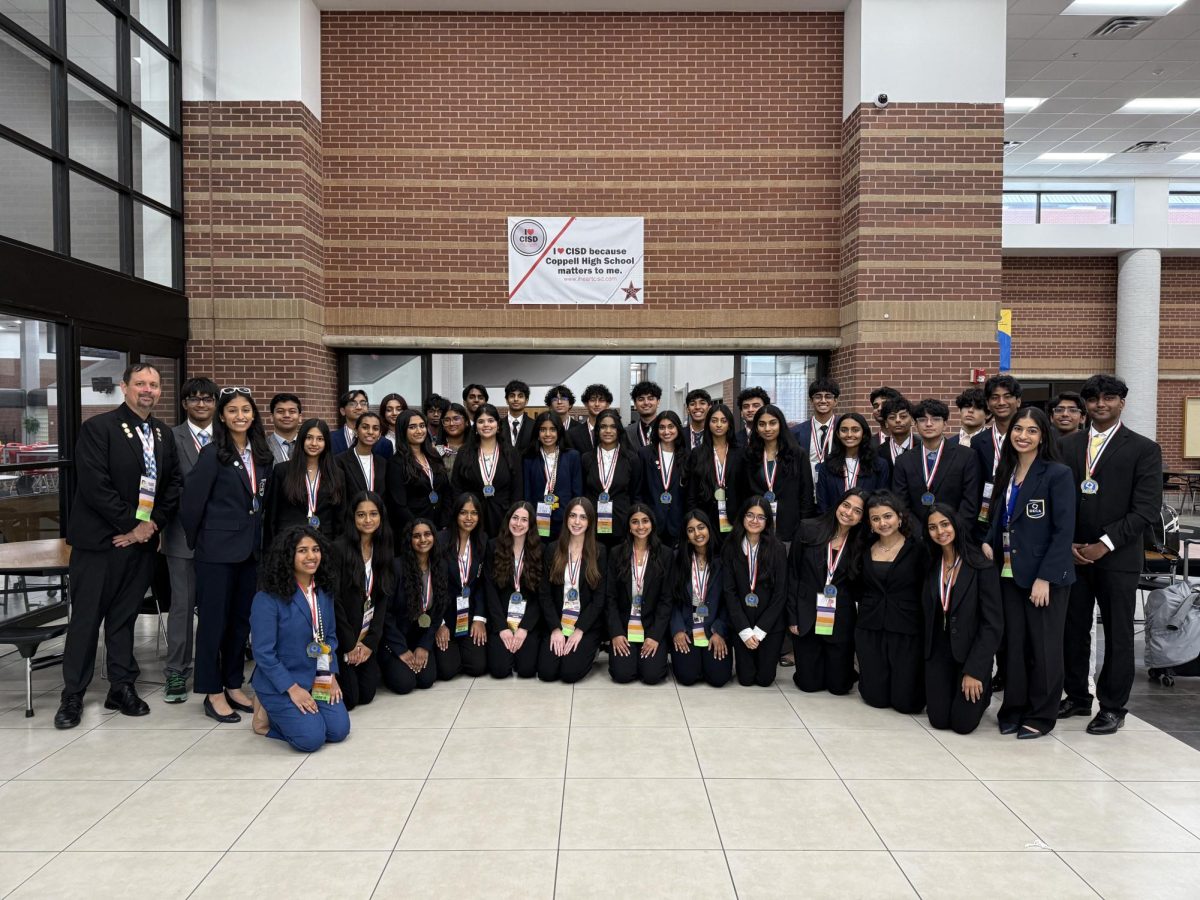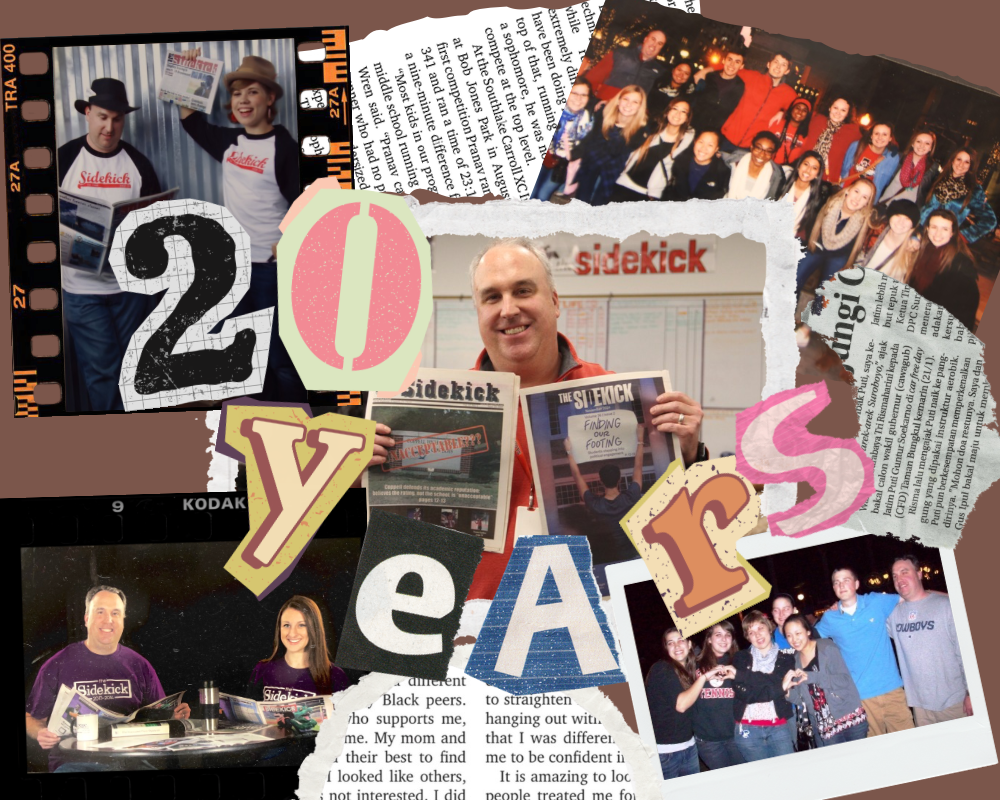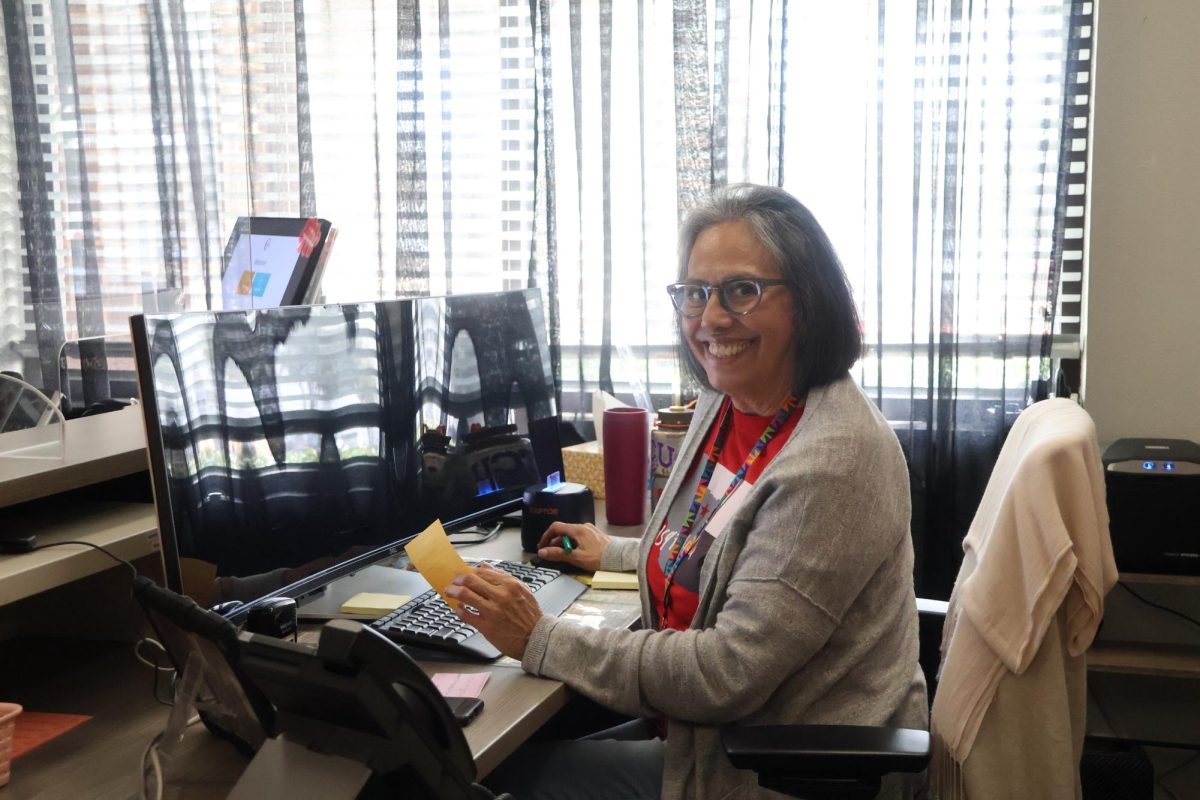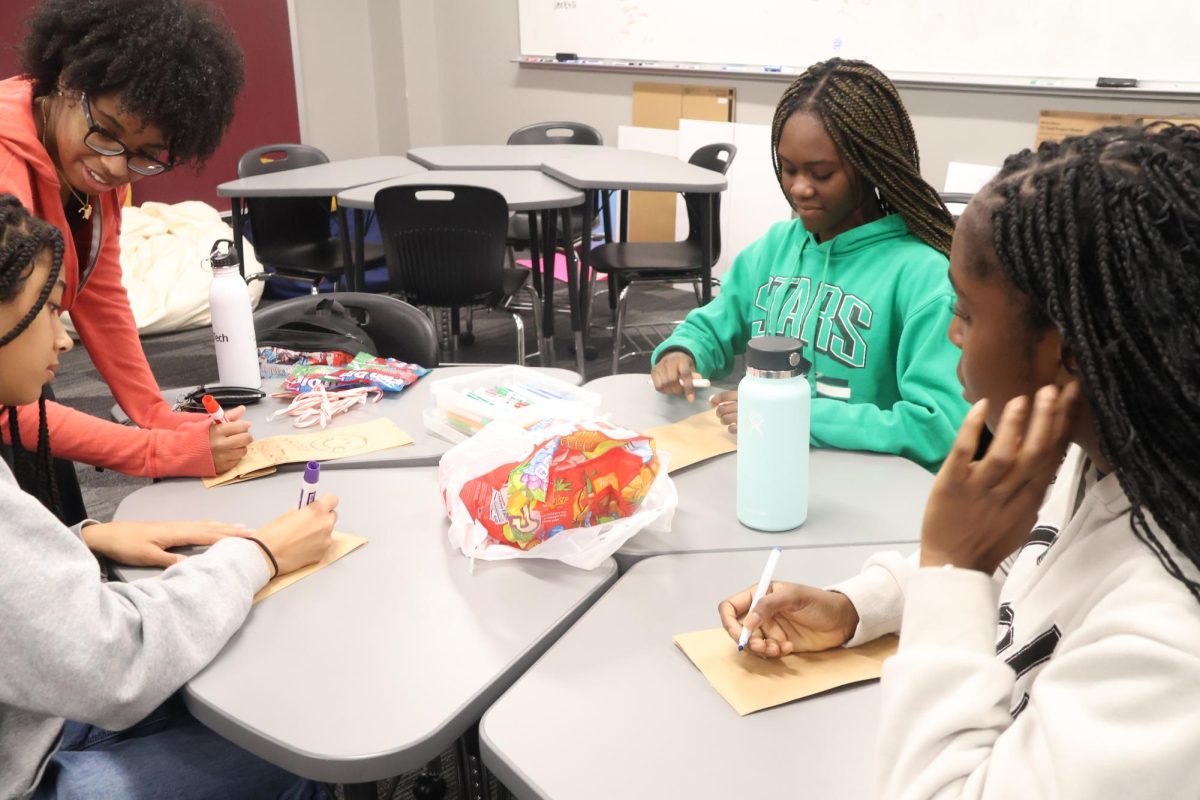By Ben Cowlishaw
Staff Writer
Religion has undoubtedly played a huge role in the formation of our country, even the development of civilization around the world. However, as a growing number view religion as out of date and out of touch with a modern society, the role of religion is changing as quickly as water turns to wine.
On a national and worldwide scale, the number of people who are seemingly abandoning their faith or beginning to doubt religion’s necessity and relevance is on a steady increase. WIN-Gallup International conducted a survey with thousands of participants from 57 countries in 2005 and again in 2012 called “The Global Index of Religiosity and Atheism.”
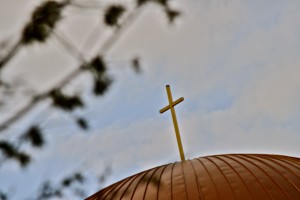
In America, the number of citizens who identify themselves as “religious” declined from 73 percent in 2005 to 60 percent. Those who identify themselves as atheists rose from one to five percent.
In another poll, the 2008 American Religious Identification Survey, found that 15 percent of Americans say they have no religion at all, up from eight percent in 1990.
Why the relatively vast decrease in religiosity in such a short amount of time? Valley Ranch Baptist Church youth pastor Rich Roush believes that the numbers represent more than just a drop in religiosity; in his view, people are not truly abandoning their religion, as much as just abandoning the title of being religious.
“There has been a change in the meaning of being religious,” Roush said.
Roush believes that, to some, being religious has become synonymous with intolerance and being closed minded, and that has driven many to abandon labeling themselves as religious, despite still staying faithful.
“People may still be walking the walk and talking the talk, but are more reluctant to call themselves religious than before because they are afraid of being labeled or judged,” Roush said.
Joey Scanella, High School outreach coordinator at St. Ann Parish, also believes that the change does not have as much to do with people becoming less religious; the religious are just not being as open about their faith.
“People are not being as vocal or necessarily living out their faith as much,” Scanella said. “They are confused between calling themselves religious and practicing their faith.”
Roush does not believe the drop has come solely from this redefinition of the word “religious,” and does attribute some of the decline to people walking away from their religion.
“I would love to know who changed their minds, what they thought religion is, what religiosity is, and what it means to be religious,” Roush said. “I would say a lot of the people in the numbers that have shrunk were burned by the church”
The Sidekick conducted a survey of 142 students from all four grade levels to investigate trends among Coppell High School’s own student population.
Out of those surveyed, 28 percent said they sometimes doubt the existence of a god or gods; 14 percent said they outright doubt the existence.
Students were also asked to assign their parents a rank on a “religiousness” scale, and then rank themselves. The students’ rankings of themselves had a sharp skew towards less religiousness, with a large gap between the number of parents and the numbers of students who ranked themselves in the most “religious” level.
While there was a large decrease in the very religious, overall, the religiosity of students tended to follow a similar trend to that of their parents, establishing the trend that a student is much more likely to be religious if their parents are.
“If parents are healthy in their faith and they practice what they preach there’s a pretty good chance that the kid will go the same way,” Roush said.
For students, Roush believes that the common trend of an apparent decrease in religiosity is for a similar reason as to the global trend-the number of faithful isn’t decreasing as much as the number who are afraid to give themselves the title of being faithful.
“We live in an age of tolerance, right or wrong, where students are more connected than ever,” Roush said. “Another person’s beliefs are so readily accessible. Belief is not as important as tolerance to some people.”
To Scanella, it’s the inconsistencies between religion and society that cause confusion in religiosity.
“Society tends to say do what you want and what makes you happy, so obviously society and religion are giving conflicting messages,” Scanella said.
At CHS specifically, according to Roush, the trend also can be attributed to the immense diversity found in the student body.
“I wouldn’t think that a lot of the parents in Coppell went to a high school as diverse as Coppell, where [students are] surrounded by people who believe something totally different,” Roush said.
AP World History teacher Brian Rohloff believes that, with the inevitable growth of scientific thought, for many, religion has become too outdated.
“With new advancement and discovery in science, and as we venture further and further beyond our own existence, I think more and more people are searching for more concrete answers,” Rohloff said.
Rohloff believes that religious scriptures have not been modernized to fit with the times.
“I view religious texts as literature,” Rohloff said. “They are artifacts.”
Sophomore Jack Meyer believes that the drop he sees in the religiosity of students has both the redefinition of what it means to be religious and a change in students’ behavior to blame.
“The reason people don’t claim to be religious anymore is partly because of social status, and partly because they don’t want to make a time commitment,” Meyer said. “They don’t want to walk around boasting their beliefs in fear that they will be judged, and they don’t want to wake up early on Sunday mornings to sit in a church.”
For religion to remain relevant, according to Meyer, religion must find a way to modernize to fit society’s needs.
“The easiest way for religion to stay alive today is to let their believers have whatever lifestyle they want, and still let them be accepted,” Meyer said. “Nobody lives the same lives, but they could still at least have a similar mindset about things.”
Scanelle believes religion just is not as important to students as it was and should be.
“To students, religion isn’t as important. They don’t understand the question of why we need religion,” Scanella said. “[Religiosity] is at a stalemate right now. It will be an interesting next few years to see if teens start to re-own their faith.”
According to Merriam-Webster, to be religious is to be “relating to or manifesting faithful devotion to an acknowledged ultimate reality or deity.” Whether that definition itself is changing, or the implications it brings in a modernized society, is up for debate.
To stay true to itself, religious scriptures and the teachings of religion may not have much room to adjust to a changing world. But to stay relevant at all, religion may have to find ways to appear more approachable and cooperative with a changing landscape of science, belief and politics.
For many, faith is one of few constants. They believe that, no matter what happens to them or others in their life, their faith is not going anywhere. On the other hand, society may be slowly migrating from devout religiousness altogether. It all depends on how one defines their beliefs, and how society defines what it means to be religious altogether.



